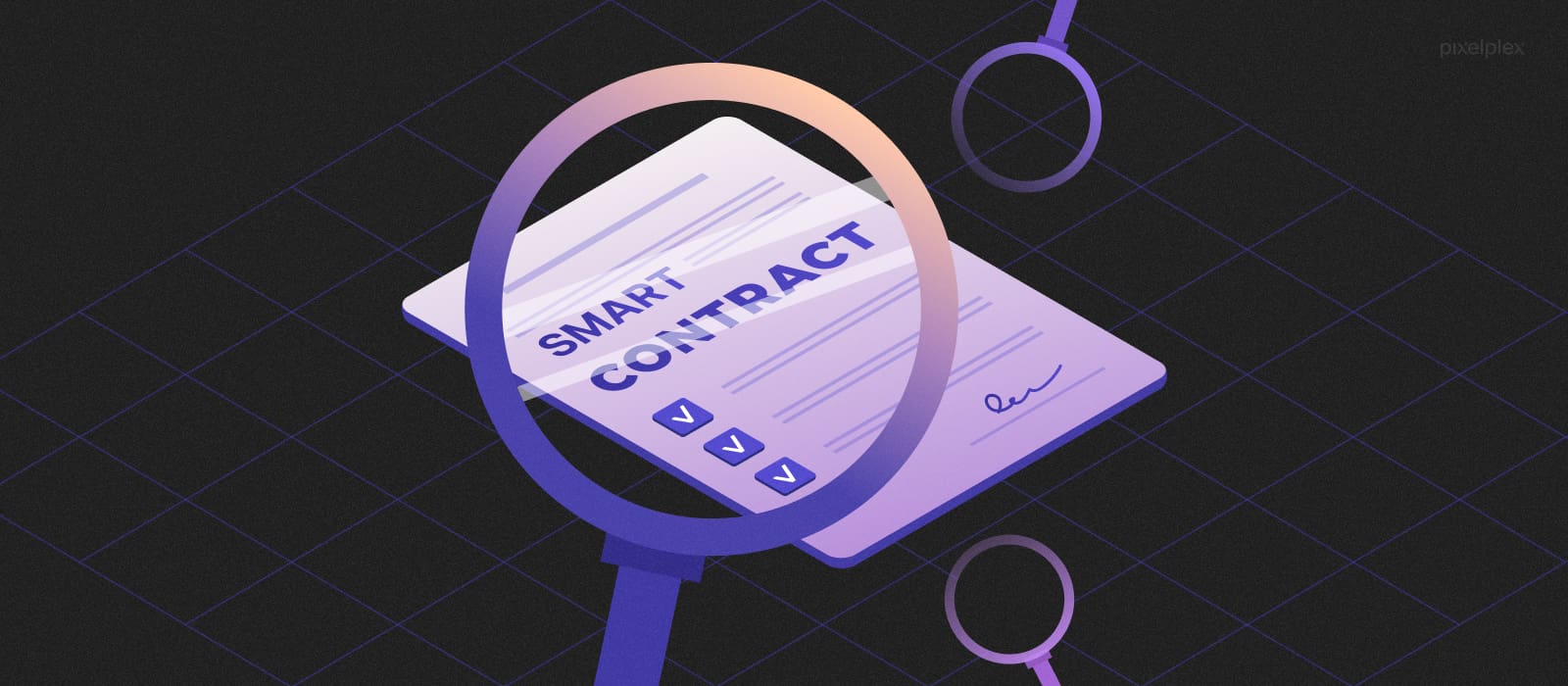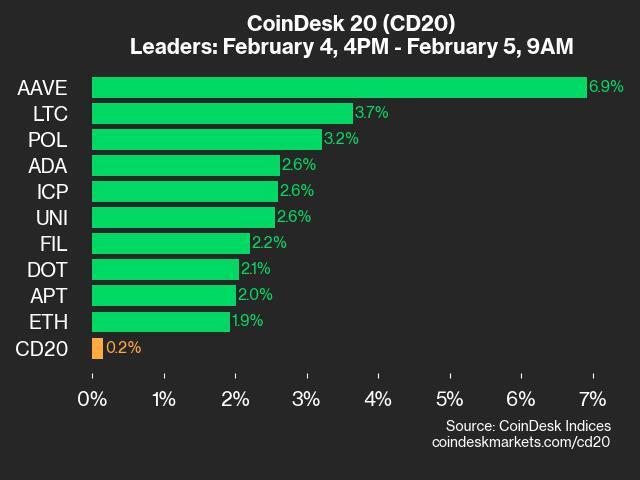
Why Smart Contract Audits Matter
Smart contracts are automatic executions that happen once the conditions are met. In their flawed states, hackers can use them to their advantage. There have been many smart contract mishaps, especially the DAO in 2016, which costs millions of dollars in losses. Proper auditing ensures:
- Detection of security flaws and vulnerabilities.
- Compliance with best coding practices.
- Optimization for efficiency and cost-effectiveness.
- Prevention of malicious exploits.
Human Audits: Strengths and Limitations
Human auditors have been the standard for smart contract security. They analyze code manually, identify issues, and suggest fixes. Here are their key strengths:
Strengths:
- Deep understanding – Experienced auditors can recognize complex vulnerabilities that automated tools might miss.
- Contextual analysis – Humans can interpret contract logic and assess whether it aligns with the intended purpose.
- Creative problem-solving – Auditors can think like hackers, predicting unconventional attack vectors.
Limitations:
- Time-consuming – A manual audit can take days or even weeks.
- High cost – Hiring expert auditors is expensive.
- Human error – Even experienced professionals can overlook subtle bugs.
AI-Powered Audits: Strengths and Limitations
AI-driven auditing tools analyze smart contract code using machine learning and pattern recognition. These tools can quickly identify known vulnerabilities and suggest fixes.
Strengths:
- Speed and efficiency – AI can scan thousands of lines of code within minutes.
- Cost-effective – Automated tools reduce the need for expensive manual audits.
- Consistent and objective – AI does not suffer from fatigue or bias.
Limitations:
- Limited contextual understanding – AI may flag issues that are not actual vulnerabilities.
- Dependence on data – The effectiveness of AI depends on the quality of its training data.
- Inability to predict novel attacks – AI is strong at recognizing known vulnerabilities but struggles with new attack methods.
A side-by-side comparison of human and AI audits helps highlight their differences:
|
Feature |
Human Audits |
AI Audits |
|
Speed |
Slow, takes days/weeks |
Fast, completes in minutes |
|
Cost |
High, requires skilled experts |
Lower, requires minimal manpower |
|
Accuracy |
Can identify complex issues |
Effective for known issues |
|
Contextual Analysis |
Strong, understands intent |
Weak, relies on predefined rules |
|
Scalability |
Limited, needs manual effort |
High, can audit multiple contracts simultaneously |
The Future: Combining AI and Human Expertise
The best approach to smart contract auditing is a hybrid one. AI can handle preliminary checks, detecting common issues quickly. Human auditors can then conduct deeper analyses, focusing on complex vulnerabilities. This combination maximizes efficiency and security.
Benefits of a Hybrid Approach
- Faster audits – AI reduces the workload for human auditors.
- Improved accuracy – Combining human intuition with AI detection minimizes errors.
- Better cost management – Reducing manual workload lowers auditing expenses.
- Stronger security – A dual-layer approach provides comprehensive protection.
The future of smart contract audits lies in balancing AI automation with human expertise. AI brings speed and efficiency, while human auditors provide deep analysis and creative problem-solving. As blockchain adoption grows, ensuring smart contract security will be crucial.
A hybrid auditing approach offers the best of both worlds, improving security while optimizing time and cost.






